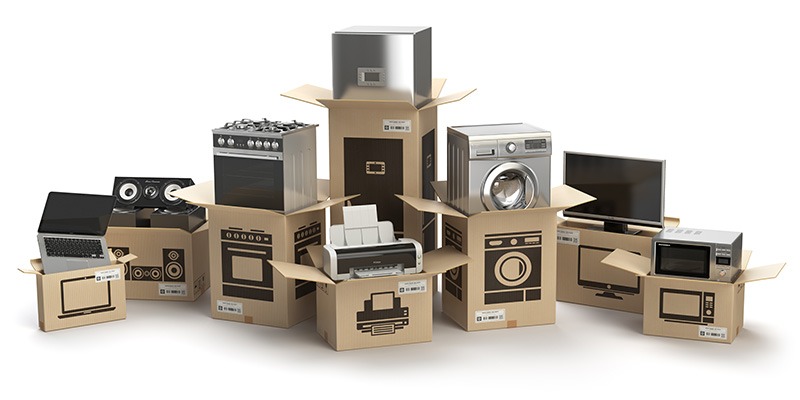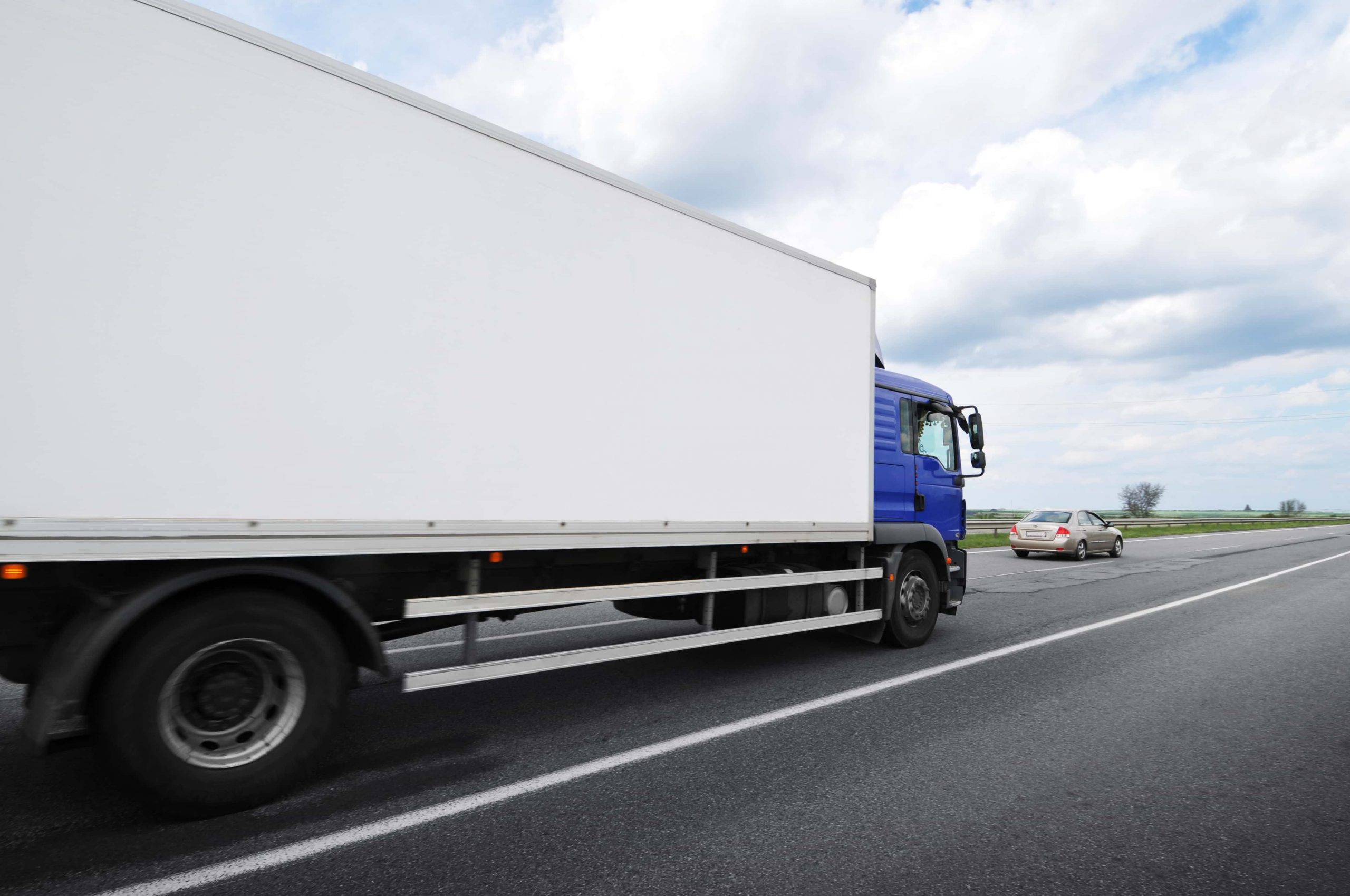Toll Fees Are Part of Moving Expenses Too
Many people create a budget for their moving expenses but forget to include the toll fees they will have to pay. Learn more about why you should factor in tolls and car expenses when creating your moving budget and how to prepare for the costs.
Moving is an exciting yet expensive process, with various associated expenses that can quickly add up. Most people know they need to factor in the costs of renting a truck, hiring movers and purchasing packing materials when creating their budget for the move.
But there is one additional cost that people often need to remember: toll fees.
Toll fees can quickly become a significant expense during a move, especially if you travel on a toll road. While the prices may seem small for a vehicle owner, those charges can soon add up over long distances, potentially doubling or even tripling your overall moving costs.
If you are planning to move and will be travelling on a toll road, properly preparing for these costs ahead of time is essential. You should consider how your route will take you through states or cities with toll roads or bridges and create a budget that includes these fees. You can also minimize the cost of tolls by considering alternate routes or avoiding highways altogether.
Another way to save money on toll fees is to look for discounted rates. Many states offer discounts for frequent travellers, seniors or those travelling in large vehicles like moving trucks. You may also be able to purchase discounted passes or multi-trip tickets.
What About Parking Fees
If you are parking your truck or moving van overnight during your move, you should also factor in the cost of parking fees. Most cities and states charge for overnight parking, so it’s important to research these fees and add them to your budget. You should clarify the fee for overnight parking with the lot owner and whether any special permits or passes are required.
Toll fees are just one of many expenses that come with moving, and it’s important to factor them into your budget in advance. By doing so, you can save money and keep your move manageable. With some planning, you can ensure that paying tolls doesn’t cause your moving expenses to spiral out of control.
Toll Fees in Sydney are Reasonable Costs
Toll fees in Sydney depending on the vehicle type and the road toll sections travelled. The most common forms of payment for tolls in Sydney are either cash or a transportable electronic tag.
For private cars, there is the “E-Way” tag system which offers discounted rates for regular commuters. You can opt for the cash option if you don’t have an E-Way tag. The cash rate is roughly $5.55 per trip on the M2 and M7 motorways and $3.15 per trip on other motorways such as the Eastern Distributor, Westlink M7, Hills M2 Motorway and the Cross City Tunnel.
For commercial vehicles, the toll fees are slightly higher. The cash rate for light commercial vehicles is generally $11.10 per trip and $22.20 for heavy commercial vehicles on all motorways in Sydney. However, discounts are available if you purchase an E-Way tag or have a frequent user account.
For moving trucks, the toll fees depend on the size and number of axles. Two-axle light trucks are charged $33.30 per trip, while heavier vehicles with three or more axles can pay up to $110.50 per trip.
It is important to note that there are additional charges if you do not pay your toll by the due date. This is why it is essential to know all the toll fees associated with your move and plan accordingly.
All in all, Sydney’s toll roads are a necessary expense if you plan on relocating within the city. However, careful planning and budgeting can be managed without breaking the bank.
Are Toll Fees Included in Relocation Expenses?
It’s worth noting that the cost of toll roads isn’t always included in removal company costs – so it pays to check before you hire. Many companies will consist toll fees as part of their service, whereas others won’t and may even charge an additional fee for navigating them. Make sure you ask your removal company if they include toll fees in their quotes.
If your move involves crossing a toll road, it’s essential to understand the different types of payment methods available. These vary from country to country, so it’s essential to do some research before you start your journey. Some countries offer an electronic tag system for cars, allowing drivers to pay a monthly fee.
This works well if you regularly use toll roads, as it can often save money in the long run. In other cases, some countries offer pre-paid cards or cash payment options at specific points along the route – so make sure you have enough cash before setting off!
How to Save When Moving Long-Distances
When you’re moving long-distance, there are many expenses to consider. One of the costs that can add up quickly is toll fees. Tolls are charges assessed when travelling on certain roads or highways and can vary significantly depending on how far you drive. Thankfully, there are ways to save money on this cost as part of your overall moving expenses.
The first step is to plan your route carefully. When you know where you are going, research the toll roads in advance and determine if lower-cost alternatives are available. For example, some significant highways charge different fees depending on which side of the road you’re travelling on; try to take the least expensive option. Additionally, if a toll-free road goes close to your intended destination, use it instead of the toll road.
Another way to save money on toll fees is to invest in an electronic pass. Most major highways and bridges offer discounted prices for commuters who purchase an e-pass, and this will allow you to bypass most of the toll booths and reduces the amount of money you have to spend on road trips.
You can also consider carpooling. Splitting the cost of a trip with someone else can significantly reduce your expense. Not only will you save money on toll fees, but carpooling also helps reduce traffic congestion and car emissions.
Backloading services, on the other hand, are a great option if you are using a moving truck. Backloading services allow you to use the space in an already-full truck at a much lower cost than renting your vehicle. This can be combined with the aforementioned tactics to save even more money on toll fees.
Stay on Top of Costs Involved
Always keep track of how much you’re spending on relocation expenses for your IRS form for the tax year. Many states offer discounts for those who use their toll roads more frequently, and if you maintain your receipts, you may be eligible for a tax deduction for the actual expenses, whenever applicable.
Using these tips and strategies, most taxpayers can save on toll fees when moving long-distance to a new location. It will also help if you hire a reputable removalist company for your move and negotiate well to move all your household items. With the proper preparation and a little planning, you can ensure your move is as stress-free and cost-effective as possible.
Moving Tips and Tricks
Discover efficient packing strategies, organisation hacks, and expert advice to streamline your moving process and ensure a smooth transition.

How to Reserve Parking Spaces for Removalists: A Step-by-Step Guide
Relocating to a new residence is both an exciting and stressful adventure. Although it’s an opportunity for renewal and reinvention, the process often involves a lot of confusion and stress. Parking the removal truck might be a major headache, especially if you live in a dense urban area or a high-density apartment building.
View ArticleOur Removalist Services
- Removalists Sydney
- Removalists Melbourne
- Removalists Melbourne to Sydney
- Removalists Sydney to Melbourne
- Removalists Melbourne to Adelaide
- Removalists Adelaide to Melbourne
- Removalists Melbourne to Canberra
- Removalists Canberra to Melbourne
- Removalists Melbourne to Brisbane
- Removalists Brisbane to Melbourne
















